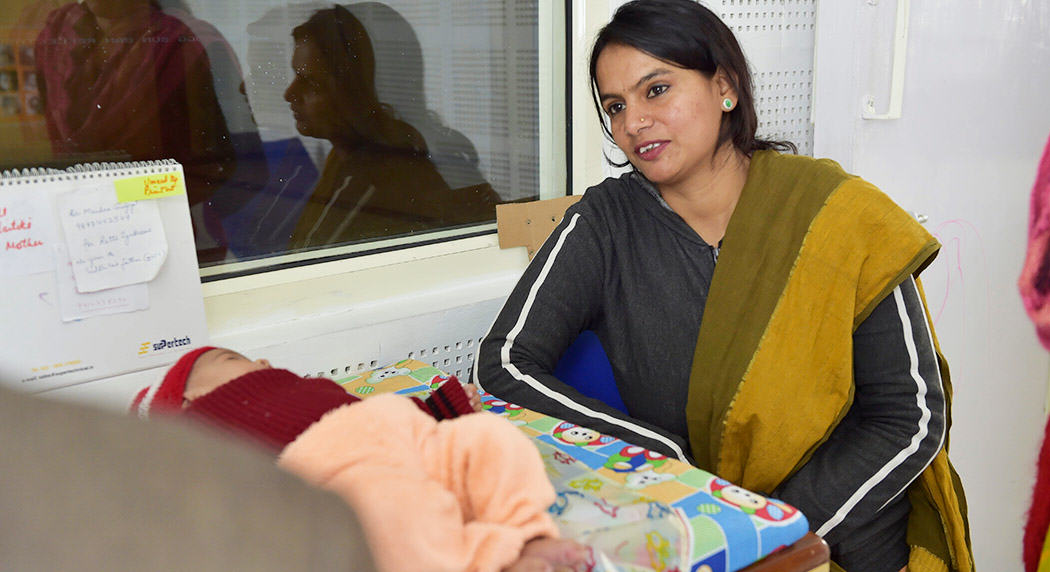How Do I Cope as the Parent of a Child with a Disability?
Learn More: A diagnosis of disability is overwhelming. But talking with other parents really helps. Knowing you aren’t alone can make a big difference. Joining a support group is a great way to learn about the disorder and how to deal with the daily challenges of having a child with special needs. It is important for you as a parent to educate yourself about your child’s specific disability so you can become an advocate for your child. Talk to your extended family and share the child’s diagnosis with them. Family members can become your greatest source of support.
Get Good Advice: Seek the guidance of and collaborate with medical professionals like a developmental pediatrician, pediatric neurologist and therapists to devise an intervention program for your child. It is especially important that you learn and continue simple therapeutic strategies at home (e.g. play-based techniques) since the therapist cannot be present at all times. These will help your child function better. You know the most about your child. You will be the best therapist they can have.
Take Care of Yourself: You have needs too. It can be overwhelming to constantly care for and advocate for your child. Make time for activities that you enjoy and ask friends and family members for specific help – many people are eager to help you but may not know what to do. They are waiting to be asked and will be happy to pitch in. It is also important for both parents to be involved in caring for the child, so that both of you know what to do and can give each other an occasional break.
Don’t Forget Your Child Is A Child First!
Often as parents we get so focused on our child’s difficulties that we forget he is first and foremost a child. Just like any other child, the child with special needs wants to have fun, make friends, go to school and celebrate his birthday. Remember to enjoy your child! Read him a story. Take him for walks. Sing his favourite songs. Let him play with your phone. Encourage him to help you set the table or wash the dishes. Your child is a child first. Watch this film in which a young girl named Megan explains what she is hoping parents and teachers will understand about her. Don’t Limit Me!
Communicating with a Child with Disability
When speaking to your child, come to her level so you are not talking down to her.
Use short sentences and comment often on what you or your child is doing to give her good exposure to language.
But don’t talk all the time! Don’t anticipate your child’s every need. Give her a reason to communicate by waiting for her to ask for what she wants. Indicating by pointing or other gestures is also communication and should be encouraged by praise and elaboration: “Oh! You want a biscuit! OK. Let’s get a biscuit for Deepti!”
Avoid repeatedly asking questions as this can be difficult and frustrating for your child.
For children who have trouble with speech and language, encourage the use of visual aides, such as PECS and picture schedules, for communication.
Using signs is also an excellent option for some children with disability.
Children with disability have their own likes and dislikes. It is important to encourage their strengths and provide them with outlets for their interests and hobbies.
“With love, early intervention and education, people with disabilities can and do lead happy productive lives and can be integrated into society. The problem is that society is not always tolerant of persons who are different. It is up to us as parents and professionals to educate society and help others understand and appreciate these very special people.”
Dr. Nandita D’Souza Developmental Paediatrician

